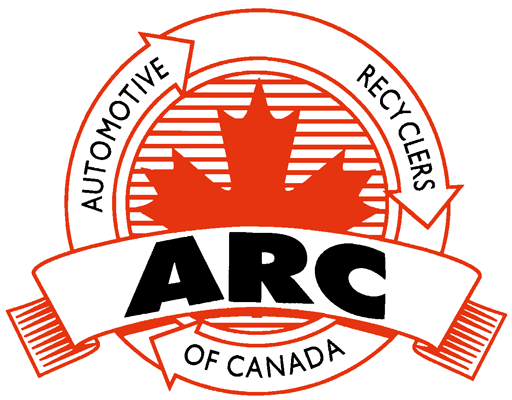As this article was written it happened to be Earth Day. Not surprisingly, on April 22 many were focusing their attention on environmental and sustainability practices.nnAt the Automotive Recyclers of Canada (ARC) and the Ontario Automotive Recyclers Association (OARA), we often get queries about initiatives that our industry is working on when Earth Day comes around. Traditionally, we haven’t made big declarations about being environmentally responsible, but when we look at the associations and progressive auto recyclers across the country, in many cases we’ve been involved in sustainable practices for a very long time.nnSignificant stepnA big milestone occurred a decade ago with the creation of the Canadian Auto Recyclers Environmental Code (CAREC). This initiative brought industry operating standards into the 21st century, providing a real level of accountability and measurement, including audit procedures and scorecard metrics to allow recyclers to measure their progress.n
nCAREC was instrumental in not only allowing the industry to raise its standards in terms of accountability and environmental practices, but also in providing a clear and straightforward understanding of industry regulations and a roadmap in how recyclers can achieve their environmental and sustainability objectives.nnRegular audits enable those recyclers that have adopted CAREC through membership of associations like OARA, to stay current with the regulations as well as provide government ministry inspectors the right information if they require it.nnAs environmental business practices and sustainability have become more mainstream, CAREC has also provided additional benefits for the recycling industry. We’ve seen a growing interest from the likes of OEMs, insurers and collision operators in what we’re doing from an environmental standpoint and those recyclers that have adopted CAREC can receive additional benefits, including preferred rates on certain services, provided they maintain code practices.nnAccountability checklistnAt its heart, CAREC is essentially a housekeeping service that really provides an accountability checklist of all aspects related to your recycling businesses. At the OARA Convention in Mississauga earlier this year, I remember a conversation about employee retention with one of the attendees. They mentioned that in their particular case, CAREC has proved a big help, since by providing a list of regulations and requirements, it promotes better and safer work environments, that are more likely to attract and retain employees.nnCAREC scores can also prove very valuable when buying or selling a recycling business. One that has consistently ranked high in terms of scoring is likely to be a far more attractive proposition to a potential buyer than one that has lower scores; or is no longer following CAREC standards.nnEven in multi-generational family operated businesses, we’ve seen how consistently aiming for and maintaining high environmental operating standards through CAREC provides benefits beyond day-to-day operations. When processes become ingrained in the organization, successive generations of recyclers are able to pick up the baton from senior family members and continue to push forward with a progressive, responsible and environmentally sustainable approach to automotive recycling.nnGetting back to Earth Day, when somebody asks what our industry is doing to contribute to environmental and sustainability practices, those of us that have adopted CAREC and a clear mandate towards accountability, can honestly say that every day happens to be Earth Day.nnSteve Fletcher is the Managing Director of the Automotive Recyclers of Canada and the Executive Director of the Ontario Automotive Recyclers Association. You can reach him at [email protected].nnThis article first appeared in Autosphere May 2022.
